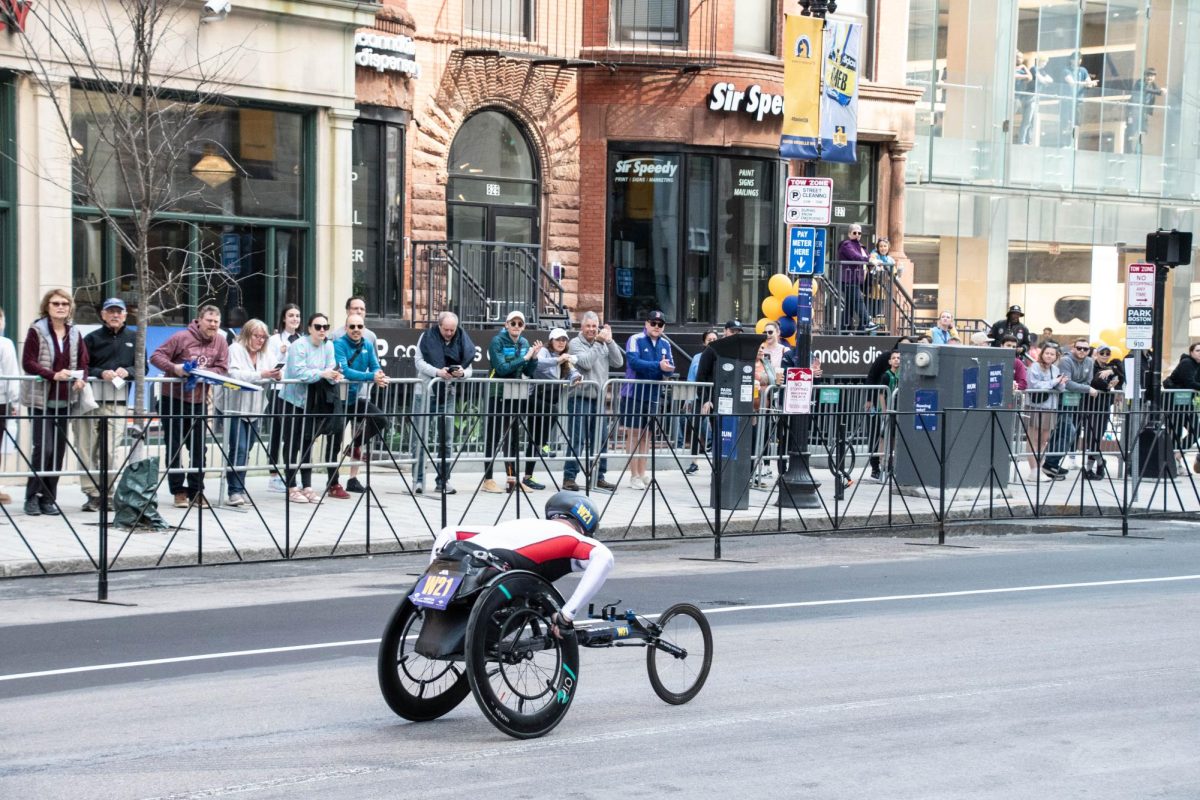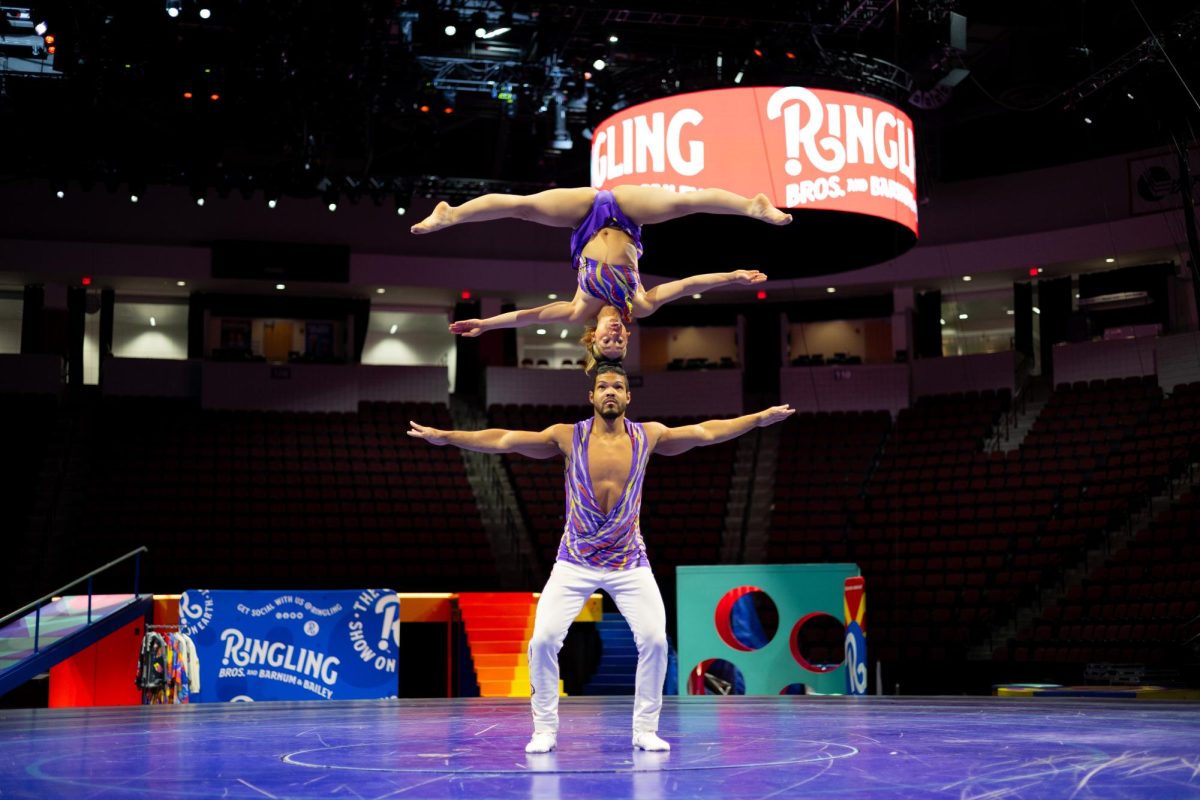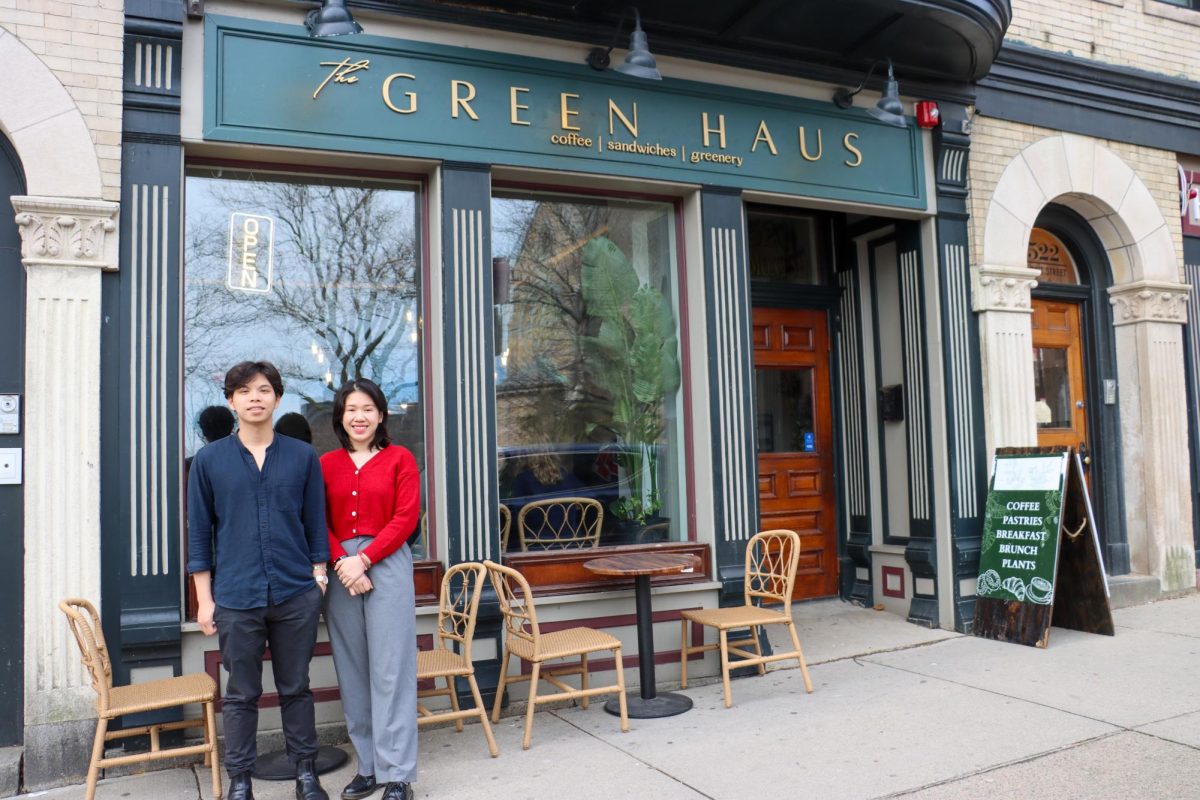By Erica Moser, News Correspondent

News Staff Photo/Matt Greene
Zac Sheffer is one of many feeling the effects of the MBTA fare hikes implemented July 1.
“I take the T to get to work,” the senior mechanical engineering major said, “So it’s a little unfortunate.”
MBTA public transportation fares have risen an average of 23 percent, with one-way transit up from $1.70 to $2 on the subway and $1.25 to $1.50 on busses when using a CharlieCard. Over a month into the semester, Northeastern students have voiced mixed reactions to these hikes.
While junior journalism major Kat Nicholson thinks “it’s a pain” to pay the hiked price, she said living in Mission Hill makes it unnecessary for her to take the T frequently.
“I’ve always kind of walked a lot instead of taking the T,” she said.
She added that two of her roommates have opted for riding bikes now.
But for some working students like Sheffer, who takes the Orange Line to North Station and the commuter rail from there, walking or biking is hardly an option.
Others, such as first-year nursing anesthesia graduate student Louisa Dasher, use the monthly pass to get to campus.
“I’m on the T every day,” she said. “I use it for everything.”
The monthly LinkPass, which covers the subway and local bus, was upped from $59 to $70. Fares for the 10 pre-existing commuter rail zones increased an average of 24.15 percent. This set of fare hikes was the first since 2007. Northeastern offers a four-month student LinkPass for $249.20.
Samuel Oh, a sophomore biology student, said he does not think the raises make sense, considering college students are a sizable demographic of the ridership.
“It’s not like students are made of money,” he said. “I definitely think it’s unfair and irrational.”
Steve Jacobus, a senior mechanical engineering student, disagreed.
“I don’t think 30 cents is that big of a deal,” he said, adding that he thinks the MBTA system is “really efficient.”
Though discussions of raised fares are an ongoing topic of contention, they spiked in January, when the MBTA announced its projected budget deficit for the 2013 fiscal year at $185 million.
Responses from 31 public meetings and at least 20 hearings – as well as more than 400 letters and 5,850 emails – indicated that riders would prefer fare increases to service reductions, according to the MBTA website.
Even still, some routes were eliminated. There is currently no weekend service between Brigham Circle and Heath Street on the E line. The 39 bus stops at each T station on the E line, but many don’t know about this or find it the less desirable option.
Despite frustrations, ridership was up in August, according to the MBTA. On an average weekday, 1.256 million trips were recorded, 1.2 percent more than in August of 2011.
Ridership has increased for the past 19 months, except for February when ridership contracted a fraction of a percentage point.
“You can kind of attribute that to an increase in economic growth,” said Brian McCourt, a senior economics major. “If people need to get to their jobs, they’re pretty much going to pay whatever they need to pay.”
While monthly ridership has increased, so has fare evasion.
The MBTA reported fare evasion is up 59 percent this year – 3,614 citations were issued this year, compared to 2,268 in the same period last year.
Riders evade fares by getting in the back doors of the Green Line when it is above ground. Yet, conductors have sought to mitigate this by only opening the front door.
In a station, some follow a person who has tapped his or her CharlieCard through the doors, a student said.
“I definitely know when it’s rush hour,” McCourt said. “Like at 7 in the morning or at 5 at night, people piggyback all the time.”
Transit police also rolled out “Operation Fare Game” in July, bumping the fine for first-time fare evasion to $50, up from $15, according to the MBTA. A second offense remains $100 and third and subsequent offenses cost $300, up from $250.
Some are upset by the fare price increase on principle alone, or are concerned for the future.
“Two dollars isn’t huge now,” said Kayla Friedlander, a sophomore business major. “But eventually it’ll get out of hand.”













